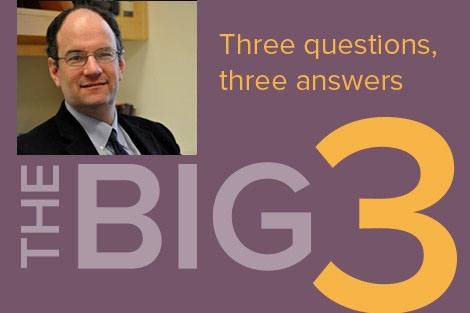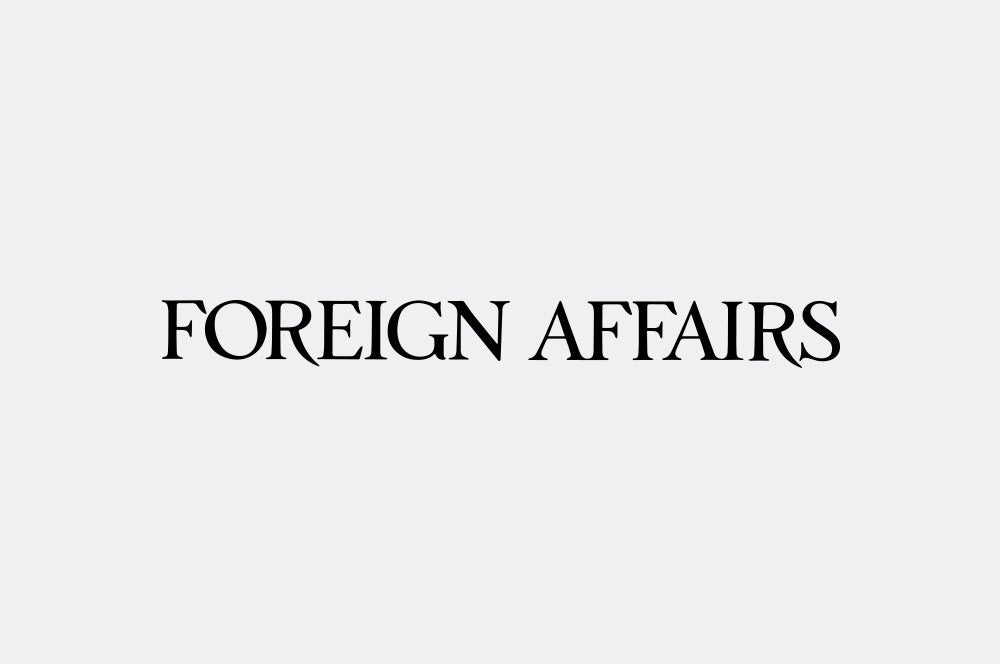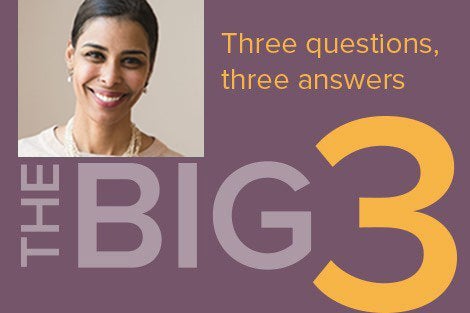Free food at school and work often of low nutritional quality
Food obtained for free at school or work makes up an important part of the nutrition safety net for low-income households in the U.S., but much of it is of low nutritional quality.
Harvard T.H. Chan School of Public Health joins U.S. government–led initiative to address root causes of migration, promote economic opportunity in Central America
For immediate release: May 27, 2021 Boston, MA – Recognizing the need for urgent, sustained action to improve global health care in the Northern Triangle countries of Honduras, Guatemala, and El Salvador, Harvard T.H. Chan School of Public…

Clear vision
Ajay Kolli, MPH ’21, hopes to boost overall health by improving eyesight.

SNAP Online Purchasing Program increased access to healthy food during pandemic
A U.S. Department of Agriculture (USDA) pilot program that allows people receiving Supplemental Nutrition Assistance Program (SNAP) benefits to purchase groceries online has improved recipients’ access to healthy food and their ability to social distance, according to a…
Assessing the latest U.S. dietary guidelines
Eric Rimm, professor in the Departments of Epidemiology and Nutrition at Harvard T.H. Chan School of Public Health, discussed the recently released 2020–2025 U.S. Dietary Guidelines.

Commentary: Global effort needed to stop hunger crisis spurred by COVID-19
The COVID-19 pandemic has pushed worldwide food insecurity to its highest levels in decades.

World hunger expected to slowly decline over coming decade
A new model predicts that after 2021, the number of people with moderate and severe food insecurity will begin to slowly decline.
SNAP an effective economic stimulus program
As a result of the economic consequences of the COVID-19 pandemic, one in five U.S. households lacks adequate food.
New SNAP rule likely to increase food insecurity
The Trump administration has finalized a rule tightening work requirements for SNAP.
